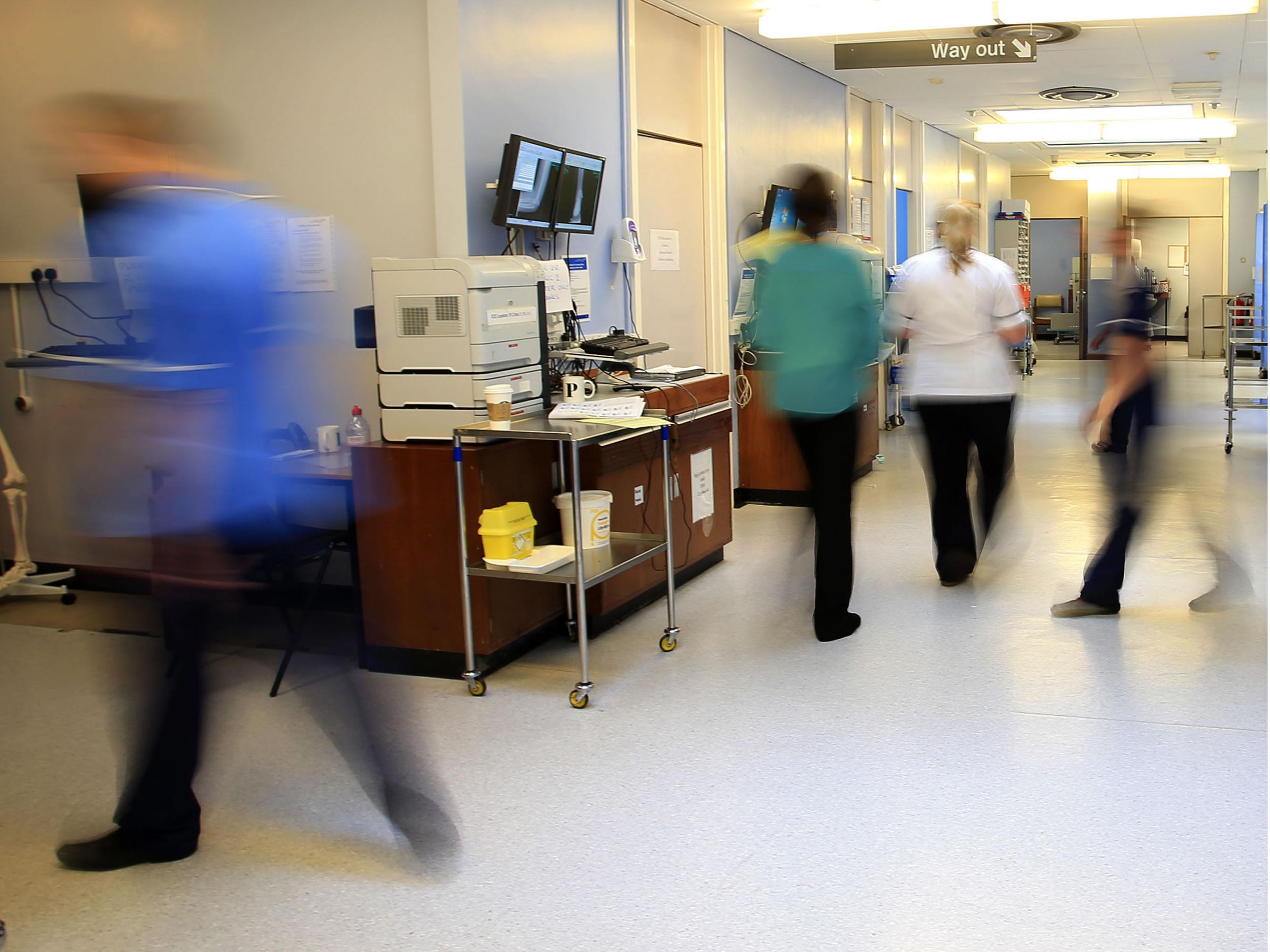Despite Brexit, Theresa May is doing the right thing by boosting NHS spending
The prime minister is expected to promise more than the symbolic figure of £350m a week extra for the NHS – it cannot come from a non-existent ‘Brexit dividend’ but it is welcome all the same

Your support helps us to tell the story
From reproductive rights to climate change to Big Tech, The Independent is on the ground when the story is developing. Whether it's investigating the financials of Elon Musk's pro-Trump PAC or producing our latest documentary, 'The A Word', which shines a light on the American women fighting for reproductive rights, we know how important it is to parse out the facts from the messaging.
At such a critical moment in US history, we need reporters on the ground. Your donation allows us to keep sending journalists to speak to both sides of the story.
The Independent is trusted by Americans across the entire political spectrum. And unlike many other quality news outlets, we choose not to lock Americans out of our reporting and analysis with paywalls. We believe quality journalism should be available to everyone, paid for by those who can afford it.
Your support makes all the difference.A huge increase in National Health Service spending over the next five years is expected to be announced by Theresa May in a speech on Monday. The numbers are larger than expected and, significantly, allow the prime minister to say that she will deliver the resonant figure on the side of the Brexit bus, an increase of more than £350m a week. Indeed, by 2023 public spending would be £385m a week more in real terms than today.
Of course, the increased spending will not come from any “Brexit dividend” – the costs of leaving the EU are almost certain to be greater than any contributions saved, as Paul Johnson of the Institute for Fiscal Studies has explained. Nor does it fully meet the demand by Simon Stevens, the NHS England chief executive, for rises of 4 per cent a year, but 3.2 per cent a year is significantly above the average real increase of 1.3 per cent a year since 2010.
And there are many questions about the detail of this announcement, not least the precise path of spending increases over the five years – have higher increases been pencilled in for later in the five-year period to reach the impressive numbers at the end? What about Scotland, Wales and Northern Ireland? And how will this money be used to ease the social care crisis, when most social care is paid for by local government? The biggest mystery is how such an increase will be paid for. What does the prime minister mean by saying “the country will be asked to contribute a bit more for the NHS in a fair and balanced way”?
Chancellor Philip Hammond is reported to have rejected the idea of raising national insurance contributions, while Conservative backbenchers are said to regard rises in income tax as “toxic”. The Independent’s preference would be for an earmarked rise in national insurance, extending it for the first time – at a low rate – to people above retirement age, who would be the main beneficiaries of higher NHS spending.
The fear is that the numbers have been arrived at by the usual Treasury smoke and mirrors of stealth taxes, higher borrowing dressed up as recalibrating some golden rule or other and stealing the money from other departments.
However, we should welcome the prime minister’s recognition of political reality. For all her weaknesses, she has enough of a survival instinct to know that the eight-year squeeze on NHS spending was a danger to her and her party. And she knows perfectly well that, while the number on the side of the Vote Leave bus was untrue (the UK’s net contribution to the EU was about half the £350m-a-week figure), the popular demand for higher NHS spending is strong.
Regardless of the dubious provenance of the £350m figure, the reward for the party that promised to deliver it for the NHS was always likely to be high. It is surprising that Jeremy Corbyn failed to promise it at the last election or since, which might have taken some of the shine off Ms May’s announcement, but we should give her, and health secretary Jeremy Hunt, the credit for getting there first.
Despite Brexit, and the pressures it is likely to impose on the British economy over the next five years, we should welcome Ms May and Mr Hunt’s political will to put the health service’s finances on a sustainable footing in advance of next month’s 70th anniversary of the founding of the NHS.
Join our commenting forum
Join thought-provoking conversations, follow other Independent readers and see their replies
Comments